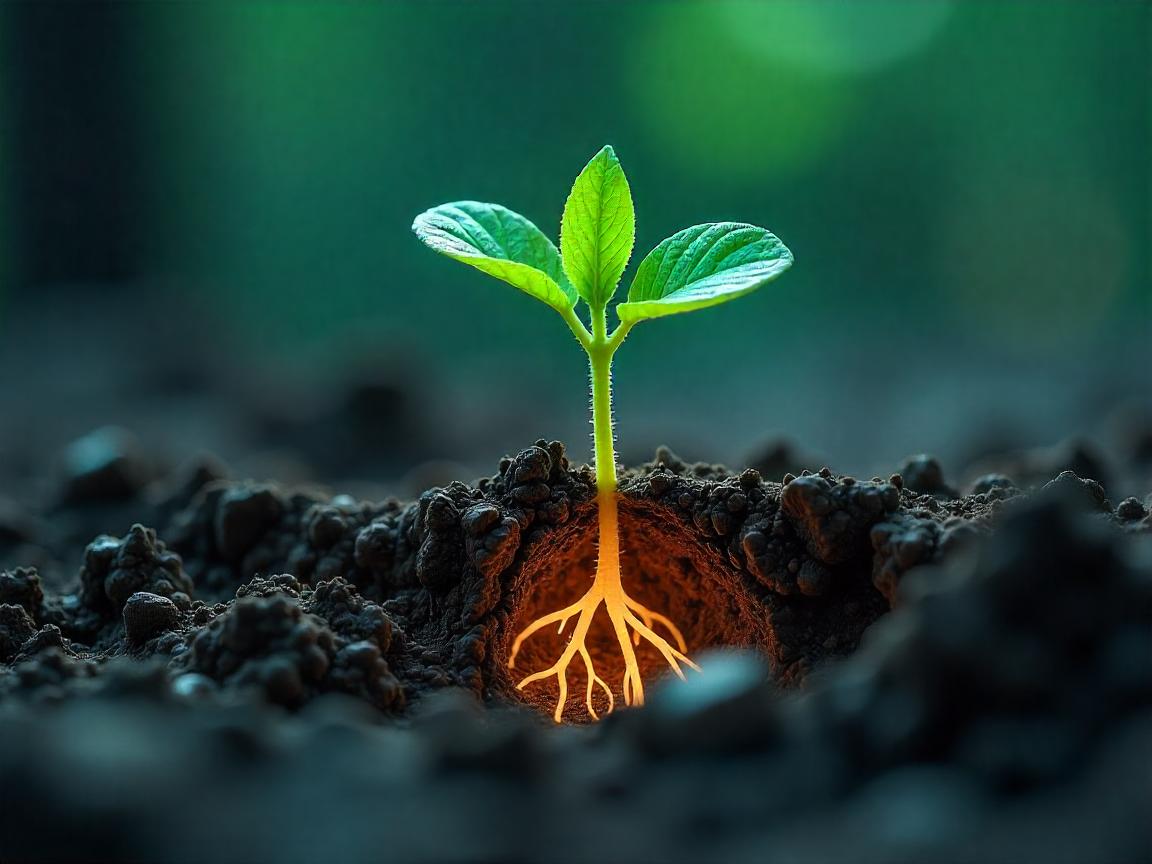
Introduction: What If Plants Are Smarter Than We Thought?
Imagine this: You have a wilted plant that is left without water all these weeks and then gave it a drink; immediately, it revitalizes itself. It is not going to just recover but here comes in the twist. It learns. A novel 2024 study by UC Davis shows that not only do some plants survive drought, but it also apparently remembers drought.
We have no idea about plants and what they are capable of: we have spent years underestimating them as decorative green ornaments. But have they perhaps silently adjusted, filed away stressful memories and even educated their descendants? It is not sci-fi: it is a science called plant neurobiology, and it is rereading intelligence. And what are the implications of that? This discovery is controversial, whether in terms of climateproof crops or ethical issues.
The Science: How Do Plants “Remember” Drought?
Forget your umbrella when it rains, and the next time when it again rains you will take it. It turns out that plants do something like it. The scientists discovered that when a simple mustard weed Arabidopsis thaliana is dehydrated, it experiences epigenetic modifications. On its DNA, they place little chemical tags like sticky-notes by indicating former stress. Upon subsequent drought strikes, the plant acts on it quicker conserving more water.
But how? Unlike the animals, plants do not have brains. Rather, stress is communicated by virtue of calcium waves, which are electrical impulses in their cells. According to a 2023 Nature Plants study, these signals act almost as primitive neural networks. The thing is that the nervous system works slowly like on slow-motion sequences and the roots and leaves talk, but they do not speak.
Key Takeaway:
- They do not have neurons in plants, but plants still have memory; but not consciousness.
- This is not only lab theory. Australian farmers in Outback claim crops to survive droughts when there are dry cycles that are controlled.
Real-World Proof: Plants That Learn, Communicate, and Adapt
Case Study: The Mimosa Pudica’s “Shyness” Trick
When you touch a Mimosa pudica its leaves will close up, a protective mechanism against attacks by predators. However in one study, water was dripped onto them repeatedly in 2014. In a manner of time? The plant went out. It came to know that the water was not dangerous. This conditioning, the simple type of learning, shows plants adapt behavior in light of experience.
The “Wood Wide Web”: Nature’s Internet
Under the forests, the fungal nets serve as underground Wi-Fi, passing nutrients and warning messages among trees. As ecologist Suzanne Simard discovered, even the mother trees themselves do this to their seedlings. So what then is intelligence?
This Is Already a Farmers Practice:
Dry farming is practiced in vineyards in Central Valley of California where the vines are trained to develop deep roots because the crops cannot withstand the elements of drought.
Priming Epigenetic priming, which is exposing the seeds to a light stress, enhances crop resilience, which has been examined in the drought-affected areas of India.
Expert Debate: Are Plants Truly Intelligent?
Rebel biologist Dr. Monica Gagliano states:
When speaking of intelligence as solving problems, plants inherit geniuses. They can scent out light, avoid being hunted and recollect trauma- all without having to make a single step.”
However opponents retort:
- “Memory” is just biochemistry, not conscious thought, says Dr. Lincoln Taiz, a plant physiologist.
- Ethical question: Does the learning of plants modify the way we conduct laboratory studies? Legal protection of plants is already given by government in Switzerland.
Personal Insight:
I used to forget a snake plant many months. It did not just revive as I sprayed it with water the first time; it produced thicker leaves as though the plant was anticipating another drought. Coincidence? Maybe. However, I am not so sure after this research.
The Future: Farming, AI, and the Ethics of Plant Rights
Super Crops that can withstand the climate
Companies like Benson Hill Biosystems are using CRISPR to “train” plants, editing genes to enhance drought memory. Think of a wheat that will grow in dry soil- hunger in drought areas will be overcome.
Bio-Inspired AI
The decentralized decision of the plants has the potential to transform swarm robotics. Researchers at MIT are busy creating robot vines that would grow just like normal plants and are thus suitable in disaster areas.
The Big Question-Do Plants Have Rights?
Does harm stick in a tree and makes the cutting of trees cruel? Already, the Nonhuman Rights Project is pressing to give ecosystems the status of legal personhood.
Conclusion: Time to Listen to the Silent Geniuses
We used to assume that plants are inert as simple types of life. However, science is crying out: they are strategists, communicators and survivors. Perhaps we need to listen, perhaps it is time to listen and do something before the next drought takes their voices away forever.
Your Turn:
- Gardeners: Try stress-training your plants—skip a watering, observe, and share what you see.
- Skeptics: Can memory exist without a brain? Debate below.
- Ethicists: What is the boundary between Life and Intelligence?
The bottom-line here is this: Next time you happen to walk by a dying flower, take a second to remember–it could be the smartest one you see.